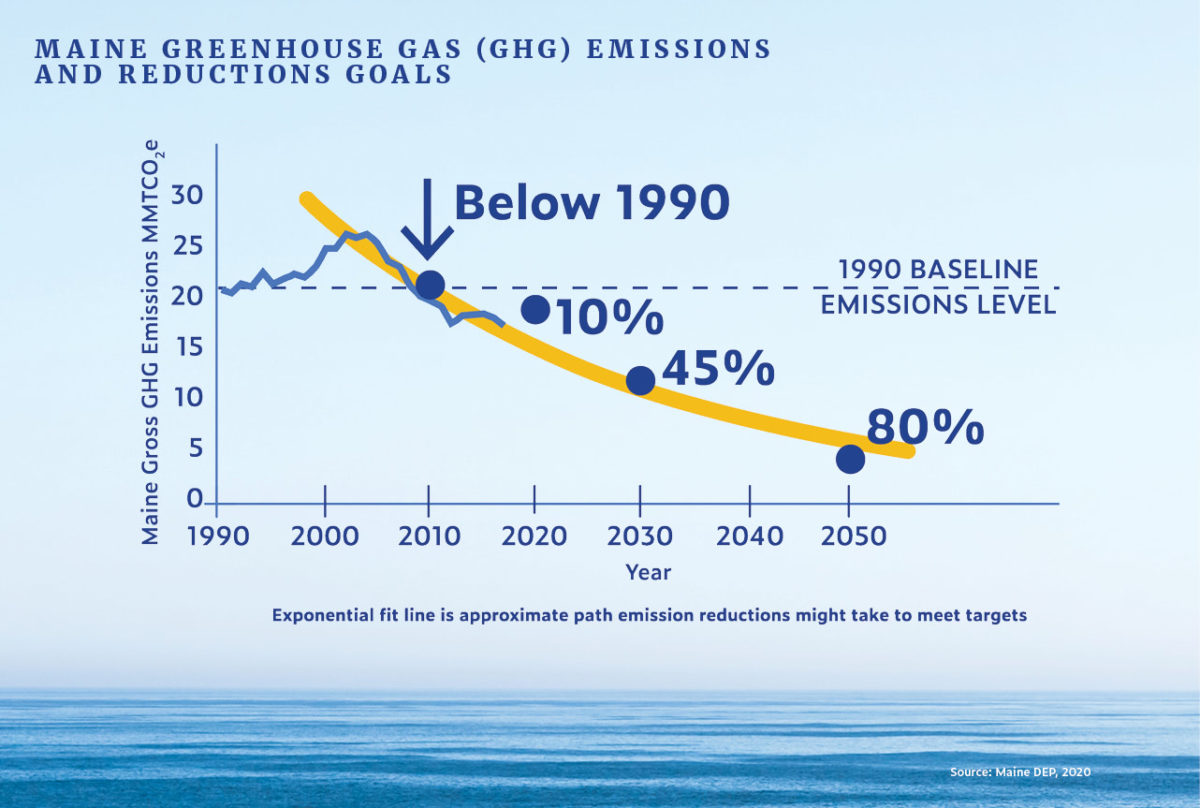23 July 2020
Dear Friends and Neighbors,
I want to share some updates on the Maine Climate Council, the Governor’s Economic Recovery Committee, and the legislature’s prospects for returning for a special session to respond to our current economic emergency.
Climate Action
As I previously reported, in June the Climate Council’s six working groups conveyed to the Council a set of recommended strategies for meeting the state’s goals for emissions reductions and adaptation to changing climate.
This summer, the Council is gathering public feedback on these recommended strategies in order to update the state’s Climate Action Plan by this December. For those interested in climate, energy, and community resilience, please take some time to review these strategies and respond to the Council’s surveys.
Economic Recovery
On July 2, the Economic Recovery Committee conveyed a letter to the Governor outlining our sense of the state’s most urgent priorities expressed these priorities within three themes:
- Education support, with emphasis on guidance for the measures necessary for a safe return to in-person instruction in the fall for K-12 education, childcare, and higher education
- Direct economic relief for struggling small businesses and non-profit organizations
- Investment in the state’s broadband action plan
While our work will continue steadily through the fall, on July 15 the Committee concluded the first phase of our charge by forwarding to the Governor our first official set of recommendations directed toward stabilizing and supporting the economy with currently available federal resources.
Totaling just over a billion dollars, these recommendations are outlined below.
- People: $497M
- $20M for public health system for vulnerable populations and personal protective equipment
- $45M for childcare and after school care programs
- $300M for safety measures and other costs of operations in K-12 schools
- $75M for higher education costs of adaptation
- $50M for housing assistance
- $7M in supports for immigrants
- Businesses: $430M
- Infrastructure: $165M
- $65M for broadband expansion
- $100M bond for further broadband, transportation, and economic development in support of making Maine a safe and attractive place for remote working and innovation.
Special session of the Legislature
In order to address the economic emergency and conclude legislative business put on hold when we adjourned in March because of the pandemic, the legislature is working to return to session this summer to consider some of these recommendations. In the meantime, legislative committees continue to work on bills and hear public concerns about the broad impacts of the current emergency.
Our Appropriations Committee will hear from the co-chairs of the Economic Recovery Committee on Monday, July 27 and later in the week the state’s Revenue Forecasting Committee will provide an updated projection of state revenues. In combination with whatever action the US Congress takes by the end of this month, this will give us an essential basis for all future budget and bond discussions.
Employee testing and mask distribution
MDI’s employee testing and mask distribution programs are now going forward. These pilot initiatives were developed locally in partnership with Healthy Acadia, MDI Hospital, Jackson Lab, Acadia National Park, MDI’s chambers of commerce, municipal administrators and the local legislative delegation.
With best wishes for good health for everyone and a long view towards prosperity,
Brian

